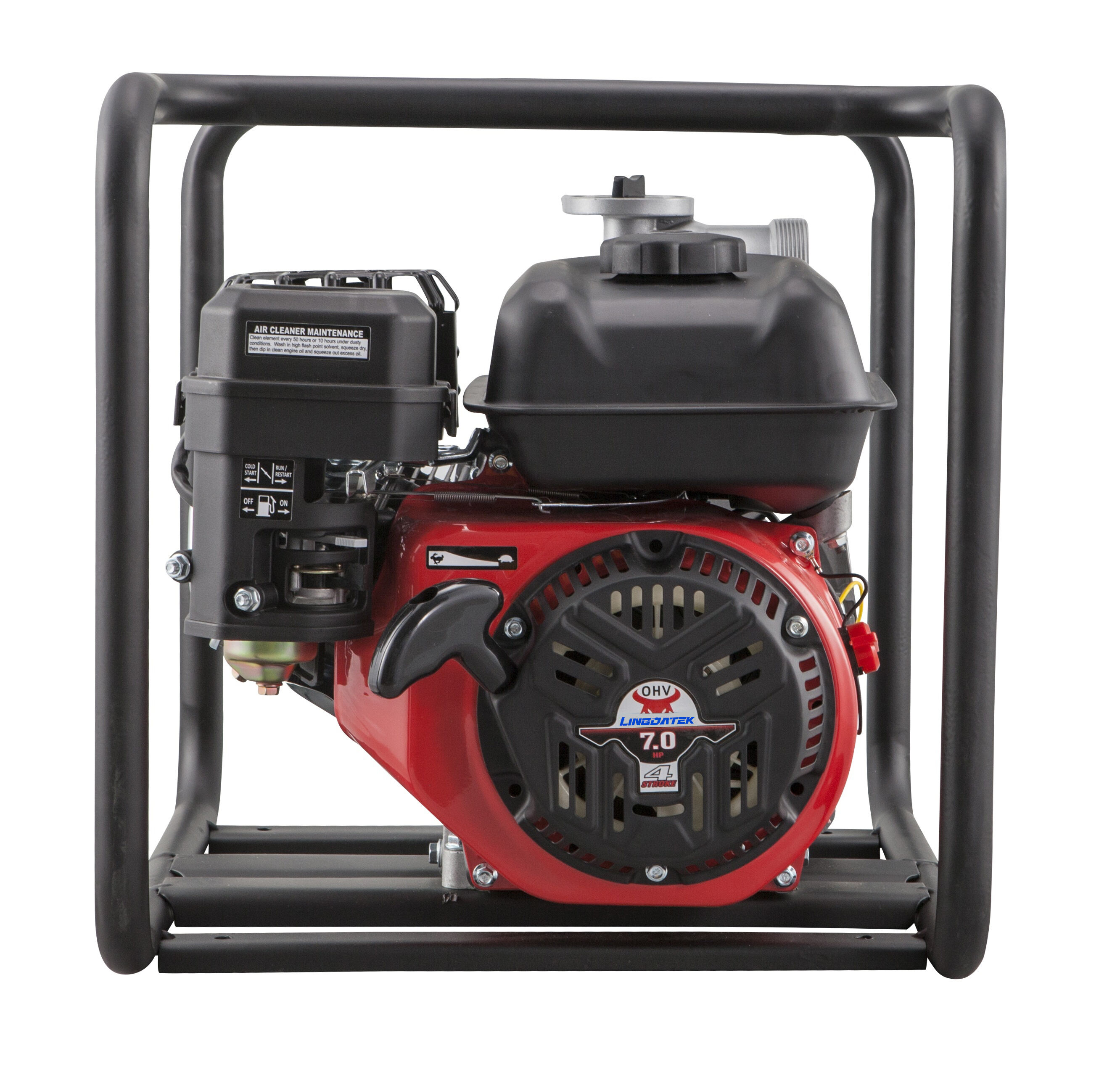instrumentation tubing
Instrumentation tubing is a critical component in various industrial processes and measurement systems, designed to transport fluids, gases, and other materials with exceptional precision and reliability. These specialized tubes are manufactured using high-grade materials such as stainless steel, copper, or advanced alloys to ensure durability and resistance to corrosion. The tubing features precise dimensional tolerances, smooth internal surfaces, and specialized end connections that facilitate accurate fluid flow and pressure measurements. In industrial applications, instrumentation tubing serves as a vital link between process equipment and measuring instruments, ensuring accurate data transmission and system control. The tubing's design incorporates specific wall thicknesses and diameter specifications to maintain system integrity under varying pressure and temperature conditions. Modern instrumentation tubing often includes advanced features such as double containment for hazardous materials, heat tracing capabilities for temperature-sensitive applications, and specialized coatings for enhanced chemical resistance. These tubes play an essential role in industries ranging from petrochemical processing and pharmaceutical manufacturing to aerospace and semiconductor production, where precise measurements and reliable fluid transport are paramount to operational success.


